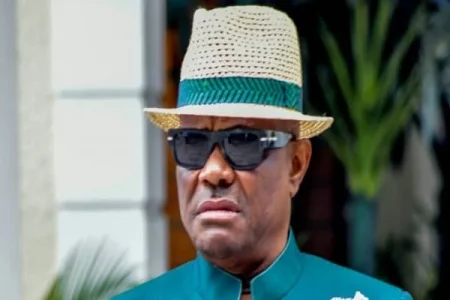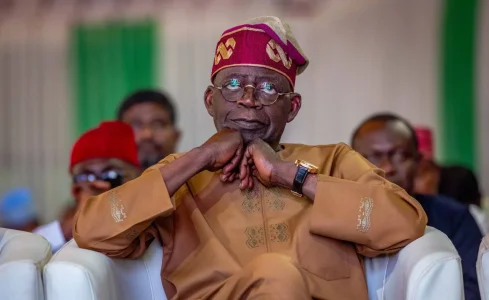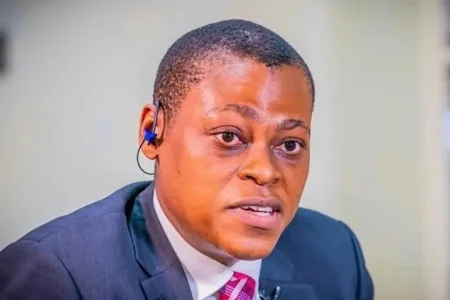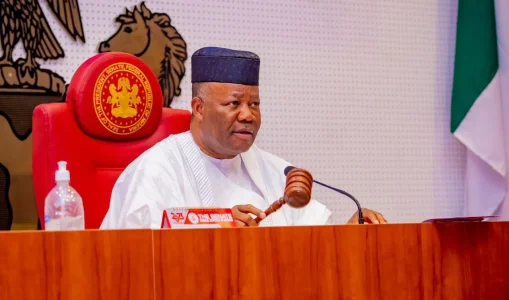
FCT Minister Nyesom Wike revealed he wanted Rivers Governor Fubara removed, but praised President Tinubu’s emergency intervention. Tinubu suspended key officials and appointed a sole administrator to prevent state collapse amid escalating political tensions. The crisis raises national concerns over executive power, democracy, and constitutional governance in Nigeria.
Nigeria’s Minister of the Federal Capital Territory, Nyesom Wike, on Friday offered a rare and candid glimpse into the political storm brewing in Rivers State, admitting he had pushed for the outright removal of Governor Siminalayi Fubara. However, he credited President Bola Tinubu with diffusing what he described as a looming political catastrophe.
In a press briefing with select journalists in Abuja, Wike, who served as governor of Rivers before his appointment to Tinubu’s cabinet, said the President’s decision to impose a state of emergency and appoint a sole administrator was a “necessary compromise” to prevent chaos.
“Let me be honest: I wanted the governor gone. That was my position,” Wike declared. “But in the interest of stability, the president made a tough call. He acted to save the state from descending into total anarchy.”
The comments come amid ongoing political tensions in the oil-rich southern state, where a months-long power tussle between Governor Fubara and a rival legislative bloc led by Speaker Martin Amaewhule had paralyzed governance. The dispute escalated earlier this year when the State Assembly moved to impeach Fubara, prompting street protests and a legal impasse that drew the attention of Nigeria’s top court.
In February, the Supreme Court ruled that the Assembly, led by Amaewhule, must resume its legislative duties and directed Governor Fubara to resubmit the state budget. The court also ordered the Central Bank of Nigeria to suspend disbursements to the state over noncompliance with its rulings—further deepening the crisis.
Tinubu’s intervention came in mid-March, when he suspended both Fubara and his deputy, along with the entire House of Assembly. He then appointed retired naval officer Vice Admiral Ibok-Ete Ibas as the state’s sole administrator, citing national security concerns. The move drew sharp reactions across the political spectrum, with critics warning of executive overreach, while others hailed the president for averting wider unrest.
Wike, who has long been seen as a political godfather in Rivers politics, defended the decision, urging Nigerians to see Tinubu’s actions as “statesmanship, not power play.”
“People don’t understand what we were dealing with. The state was on the brink. The president stepped in when no one else could,” he said, adding with characteristic flair, “Every morning, they should be thanking him—asking if they can wash his feet.”
The declaration of a state of emergency and the appointment of Ibas marked the first time in recent years that a Nigerian state was placed under federal control due to internal political conflict. While some civil society groups have raised constitutional concerns, others argue it sets a precedent for federal intervention in volatile subnational crises.
Analysts say the Rivers saga may carry long-term implications for Nigeria’s democratic institutions. “This is a stress test for constitutional governance,” said Dr. Tunde Ogunlana, a political science lecturer at the University of Lagos. “It raises fundamental questions about how far the executive can go in the name of stability—and at what cost to the rule of law.”
Opposition voices, including human rights lawyer Femi Falana and the Nigerian Bar Association, have criticized Ibas’s administration for alleged abuses of power and urged President Tinubu to lift the emergency measures.



